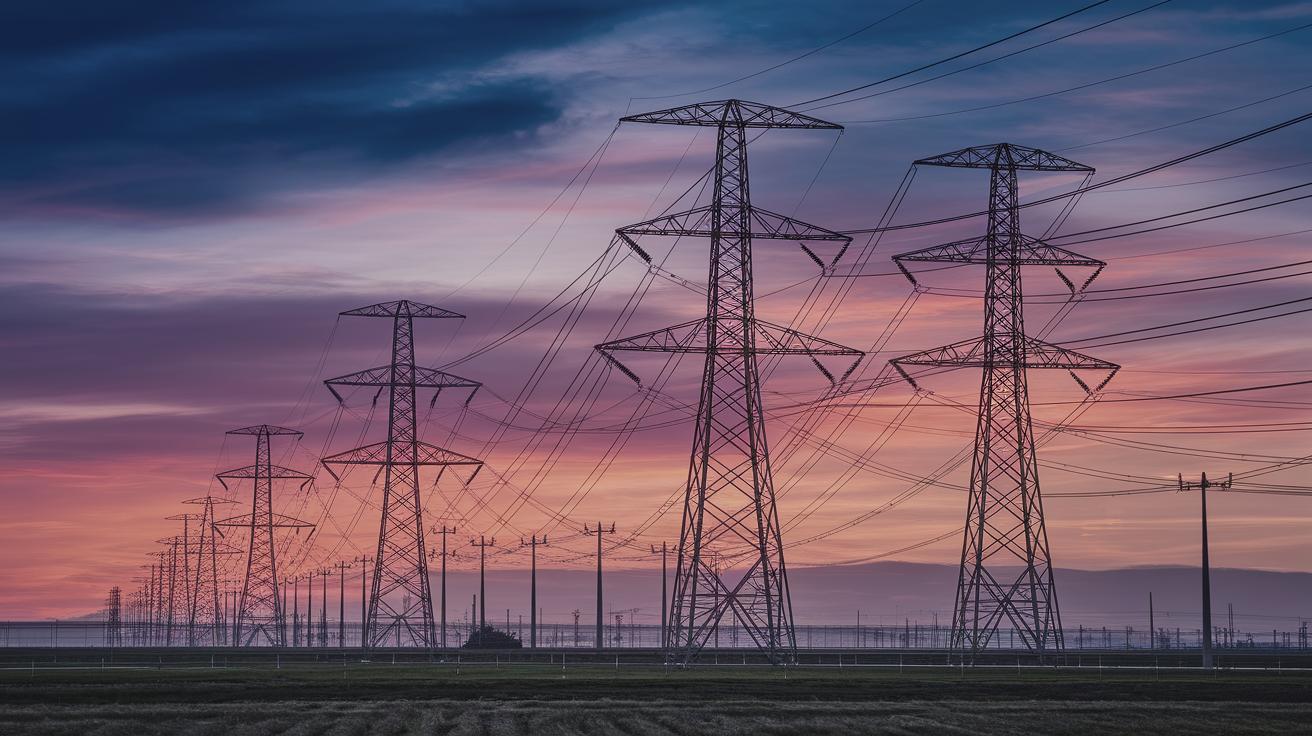The Role of Energy Brokers in the Market
The energy market is vast and complex, requiring precise navigation and expertise to thrive. Energy brokers have emerged as pivotal players, carving a niche by facilitating energy transactions and offering crucial insights to businesses and individuals alike. This blog post delves into the fundamental aspects that define an energy broker’s role in today’s market. We will explore what an energy broker is, the tasks and responsibilities they undertake, compatibility with the profession, and the typical work environment they experience. By the end of this article, readers should gain a comprehensive understanding of how energy brokers influence the energy sector and determine if this career might be a suitable path for them.
What is an Energy Broker?
Energy brokers serve as intermediaries in the energy market, acting between energy producers and consumers to negotiate and arrange energy deals. Their primary role involves sourcing and securing the most favorable energy rates and contracts for their clients, be it for electricity, natural gas, or renewable energy sources. Given the volatility of energy prices and market dynamics, energy brokers are tasked with staying informed on market trends and regulatory changes that could impact energy costs.
Operating in an environment laden with complexity, energy brokers often specialize in specific sectors or geographies, allowing them to offer targeted advice and solutions. With energy comprising a significant portion of operational costs for many businesses, the expertise of an energy broker can lead to substantial cost savings and operational efficiencies. By leveraging their experience and industry knowledge, energy brokers empower clients to make informed decisions regarding their energy procurement strategies.
In this article:
- Understanding the role and function of energy brokers
- Career suitability and necessary skills for aspiring brokers
- A glimpse into the typical work environment of an energy broker
What does an Energy Broker do?
The core responsibility of an energy broker is to facilitate the buying and selling of energy between producers and consumers. This involves assiduous market analysis, identifying trends and opportunistic timeframes for securing energy contracts. Brokers must deeply understand the fluctuating nature of energy markets and any regulatory or environmental factors that could influence prices.
Energy brokers often work closely with their clients to ascertain their specific energy needs, subsequently crafting tailored strategies that align with both budgetary constraints and sustainability goals. Once a strategy is set, brokers engage in negotiations, leveraging their knowledge to ensure that clients secure competitive rates and favorable contract terms. This process requires a high degree of communication skill and perseverance, as well as an adeptness in handling complex contractual arrangements.
Are you suited to be an energy broker?
Becoming an energy broker demands not just an affinity for the energy sector but also a set of skills that include analytical thinking, negotiation prowess, and excellent communication. Aspiring brokers should possess a strong aptitude for numbers and an ability to synthesize market data into actionable insights. An educational background in business, finance, or energy management may serve as a valuable foundation to succeed in this role.
In addition to these skills, successful energy brokers need resilience and the ability to adapt swiftly to market changes. The energy sector is dynamic, with rapid changes in technology and regulatory conditions. Therefore, those who thrive in fast-paced environments and excel under pressure are well-suited for this line of work. Passion for sustainability and renewable energy can also be advantageous, reflecting an increasing client interest in green energy solutions.
What is the workplace of an Energy Broker like?
The typical workplace for an energy broker varies greatly depending on their scope of work and whether they operate independently or within larger consultancy firms. Many brokers enjoy the flexibility of hybrid working environments, combining office work with field visits to clients. This dynamic allows brokers to maintain close contact with clients and stay attuned to market developments, fostering strong relationships that are crucial for successful negotiations.
In office settings, energy brokers frequently utilize specialized software and analytical tools to monitor market trends and manage client portfolios. Spaces are often designed to facilitate teamwork and collaboration, reflecting the necessity to exchange information and strategies quickly. For brokers who operate independently, the work setting may be more informal, yet equally demanding in terms of self-motivation and discipline.
Next Steps
| Category | Description |
|---|---|
| Role | Energy brokers facilitate transactions between producers and consumers, negotiating favorable terms and rates. |
| Responsibilities | Market analysis, client negotiations, strategy formulation for cost-effective energy procurement. |
| Career Suitability | Analytical skills, negotiation thrive, communication skills, adaptability in dynamic market conditions. |
| Workplace Environment | Hybrid work, combining office analysis with field client visits, emphasizing flexibility and collaboration. |


